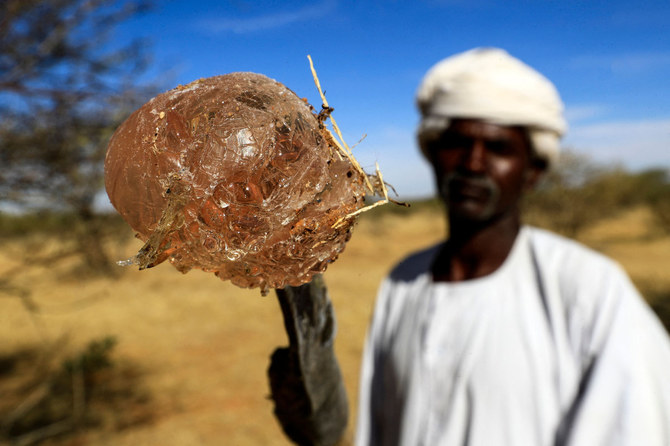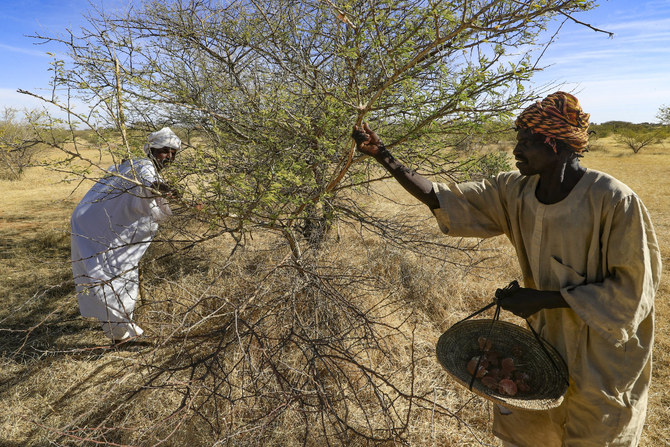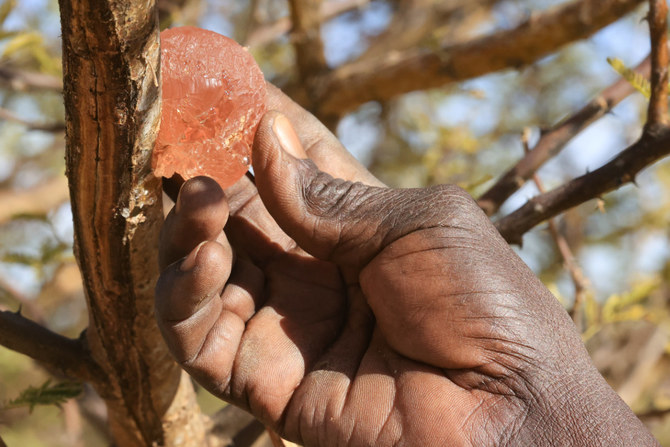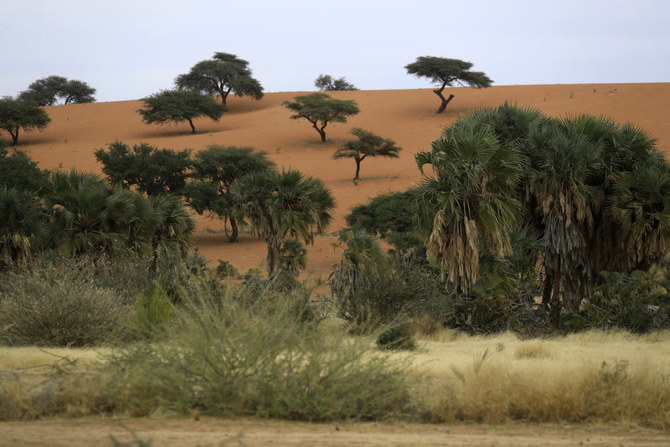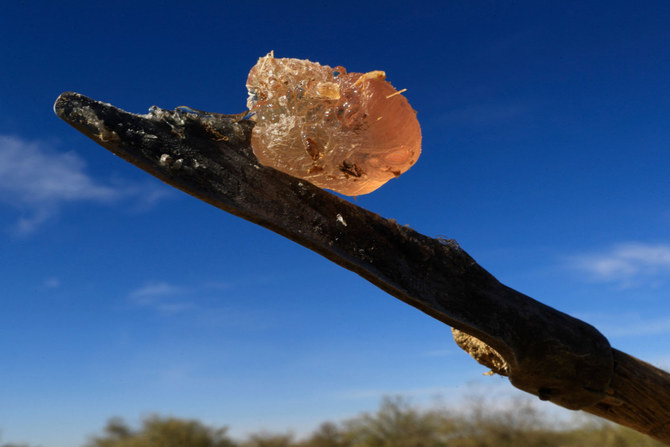The once flourishing gum arabic industry in Sudan has become a casualty of the conflict, leaving producers and the local market in dire straits. Now, those who supply soft drink giants such as Coca-Cola and Pepsi have warned that their stockpiles could run out in three to six months if the fighting continues at its current pace.
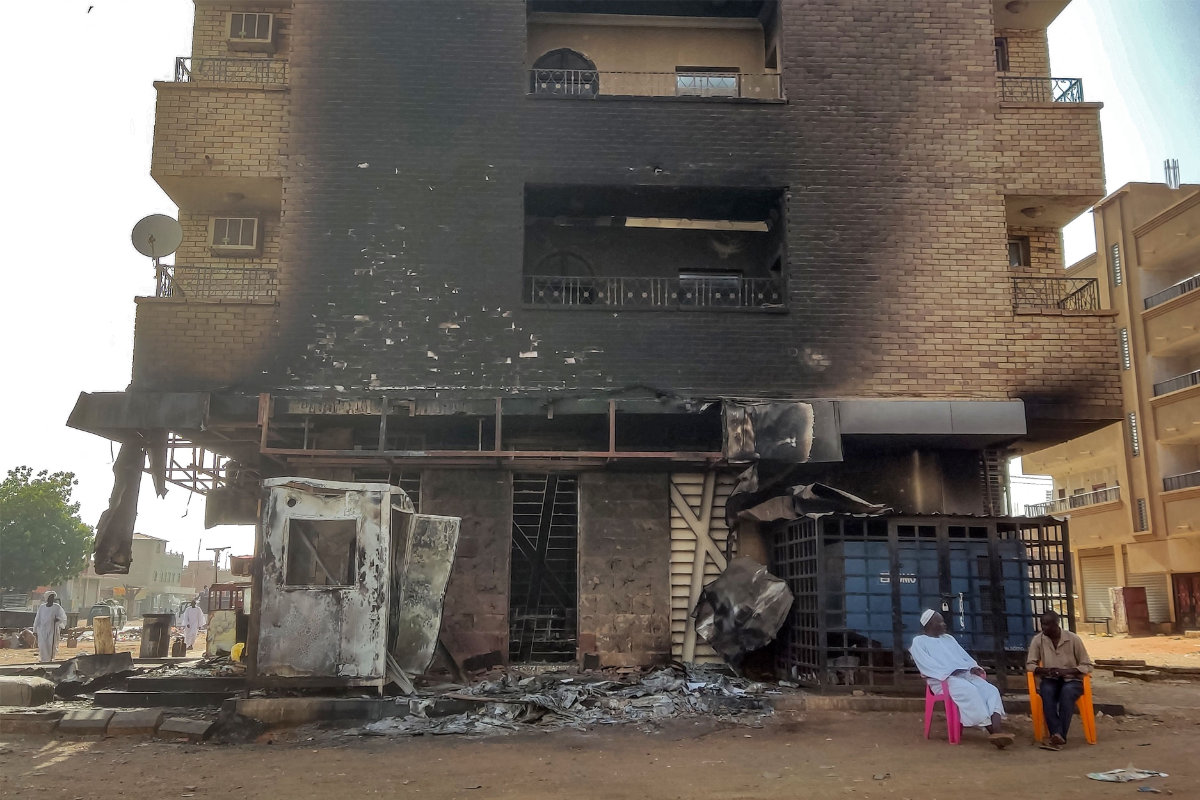
Gum arabic has dozens of uses. It serves multiple purposes in soft drinks, acting as a stabilizer to prevent flavors, coloring agents and essential oils from separating, and delivering a uniform blend of taste and aroma with every sip.
It also enhances texture and acts as a foam stabilizer, preventing excessive foaming while preventing the drink from going flat. Icings, soft candy, chewing gum and other sweets also use it as an ingredient.
Beyond its applications in food and beverages, gum arabic is used in watercolor paints, ceramic glaze, printmaking, pyrotechnics, glues, cosmetics, pharmaceuticals, wine, shoe polish and lickable adhesives for postage stamps and envelopes.
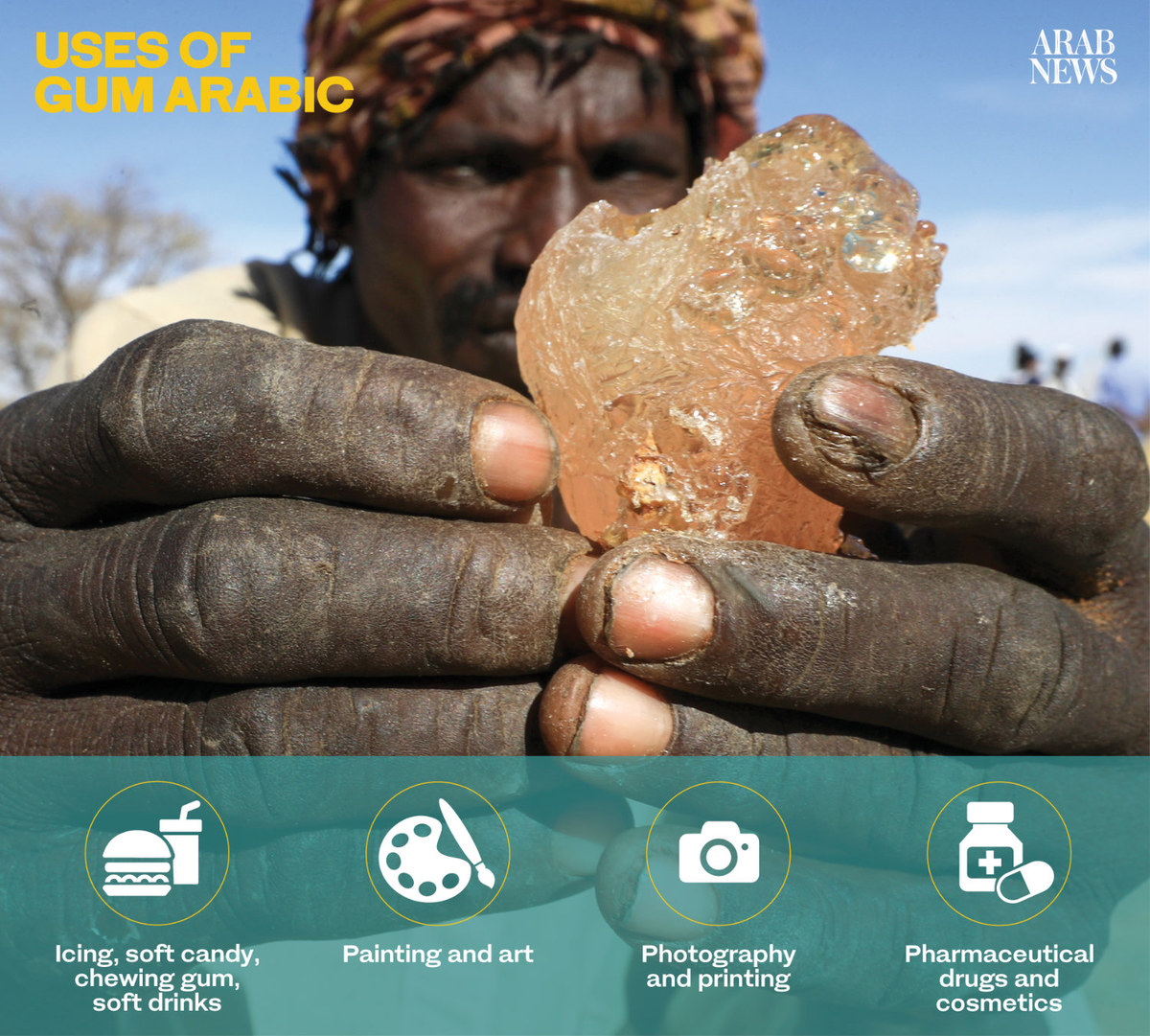
In English-speaking countries, gum arabic is often referred to as gum acacia, reflecting its extraction from acacia trees that thrive in countries like Sudan, Chad, Nigeria, Senegal and Mali. Additionally, Kordofan gum is a variety of gum arabic produced in the Kordofan region of Sudan.
Exports from Darfur and Kordofan via Khartoum, especially of gum arabic, have been severely impacted since the start of the conflict. An estimated 5 million Sudanese — about 11 percent of the country’s population — rely directly or indirectly on income generated from the production of this valuable resource.

Hisham El-Kurdi, who previously implemented a gum harvesting project for smallholders, told Arab News that transportation routes had been disrupted and the capital, which serves as a hub, was embroiled in conflict, posing safety concerns for those trying to move the product.
“The majority of people in rural areas traditionally sell their products to the capital city of Sudan, Khartoum, where traders and businessmen handle the exports to various parts of the world. In the current situation, this process faces significant challenges,” he said.
In Sudan, the acacia gum tree thrives naturally in a vast belt stretching 500,000 sq. km — roughly the size of France — from Al-Qadarif to Darfur. Recognizing its resilience in the face of droughts and climate change, international donors and African countries have invested in the Great Green Wall project, which aims to afforest the Sahel strip to combat desertification.
Akol Miyen Kuol, a South Sudanese expert on the region, told Arab News that the ongoing conflict in Sudan between the Sudanese Armed Forces and the Rapid Support Forces would have a negative impact on the world economy due to the widespread use of gum arabic.



